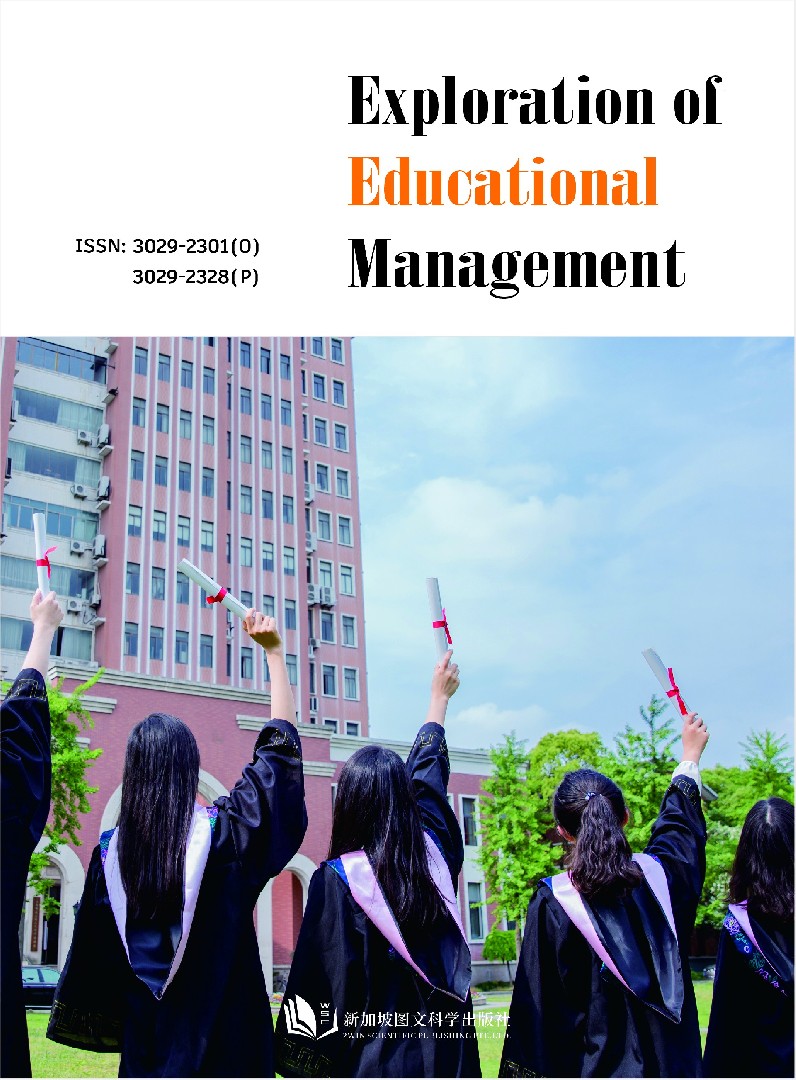作者
Chi Yang,Xueling Hu
文章摘要
This paper takes the translation of medicinal diet from international sport events as a case study to examine the specific usage scenarios of the prepositions "in" and "with" from the perspective of a comparison between embodied-cognitive translation and generative artificial intelligence(AI) translation. Commencing from this comparative standpoint, the text explores the transcultural communication factors embodied by "in" and "with" in medicinal diet translation through four dimensions: linguistic experience, linguistic sociality, linguistic cognition, and linguistic human-centrality. It further dissects the distinct manifestations of "in" and "with" in medicinal diet translation from the differing viewpoints of embodied translation and generative AI translation.
文章关键词
international sport events; medicinal diet; embodied-cognitive translation; generative AI translation
参考文献
[1] Cui L, Yu J. Analysis and Prospect of Machine Translation Quality under Artificial Intelligence Background[J]. Journal of West Anhui University, 2019, 35 (2):43-48.
[2] Li Q,Li L. A Study on the Embodied-Cognition Based on Dream of The Red Chamber[J]. Journal of Guangdong Polytechnic of Water Resources and Electric Engineering, 2024,22(1): 85-90.
[3] Li F. Generative A Comparative Study of Human versus Machine English-Chinese Translation Quality in the Era of Artificial Intelligence [J]. Foreign Language World, 2022 (4):72-69.
[4] Wang X. An Analysis of Embodied Meaning and Cognitive Motivation of Basic Emotions: Evidence from the Construction of “Emotion Adjective + Preposition” in English [J]. Foreign Languages and Literature, 2023(3):72-82.
[5] Wang H, Ma K. The Application of Artificial Intelligence in Biomedical Text Translation: A Comparative Study [J]. Chinese Science & Technology Translations Journal, 2023,36 (3):23-26.
[6] Wang Y. Embodied-Cognitive Linguistics [D]. China Academic Journal Electronic Publishing House, 2023:263-298.
[7] Zhao M. A Study on English Preposition Teaching in Junior High School from the Perspective of ECL [D]. China Academic Journal Electronic Publishing House, 2023.
[8] Zhang W, Zhao B. Has Generative AI Opened a New Era for Machine Translation?— A Contrastive Quality Study and Reflections on Translation Education [J].Journal of Beijing International Studies University, 2024 (1):83-98.
[9] Zhou Z. Generative AI-based Ocean related Translation: Advantages, Challenges and Prospects[J]. Journal of Ocean University of China(Social Sciences), 2024 (2):12-20.
[10] Zhang S. An Investigation into the Over Image Schema Transformation and Semantic Expansion from a Perceptual Viewpoint [J]. Journal of Changchun University of Science and Technology(Social Sciences Edition), 2023, 36 (2):154-160.
Full Text:
DOI
